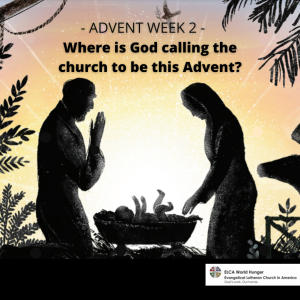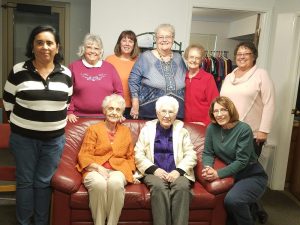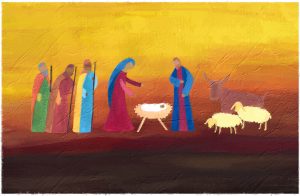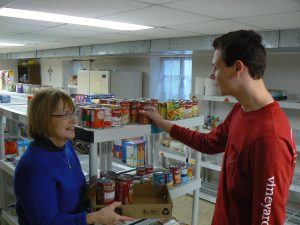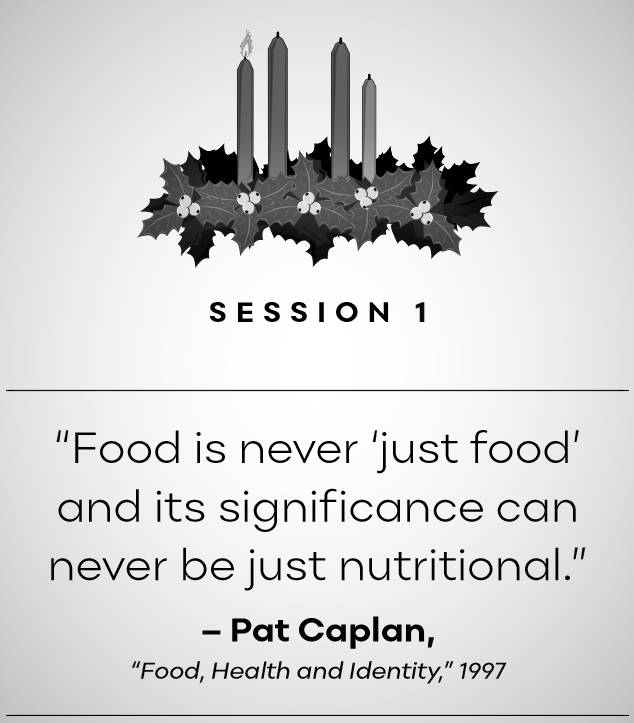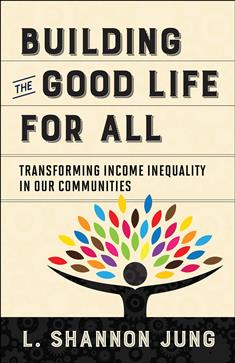This post is Part V of a five-part series discussing the many ways that violent conflict impacts hunger. The next key aspect of food security is stability. Is access to food reliable, even during a crisis? Here, we take a look at how conflict impacts this, with specific attention to the crisis in Ukraine. Read Part I and find links to the other posts here.
Stability, in short, means that food production, access, and utilization are reliable and resilient. Put another way, if we can eat today, how sure are we that we will be able to eat tomorrow?
There are two reasons this is important. First, instability and unpredictability change the way people behave. Farmers, for example, become more hesitant to trade, invest or diversify their work. For example, after the civil war in Mozambique in the 1980s and 1990s, farmers tended to focus on subsistence farming and reduced their participation in the market, meaning there was less food produced for other people to purchase and consume. Similarly, farmers may shift away from livestock or away from crop diversification, since doing so seems to pose less risk in the short-term, even if it may have longer-term negative effects.
In Ukraine, one of the current concerns is that farmers may not fertilize their grain crops because of high prices and instability. That would lead to a drastic reduction in the wheat crop for 2022, which could cause further shortages and higher prices globally into 2023. Moreover, the International Food Policy Research Institute (IFPRI) notes that fertilizer costs are expected to rise globally, adding to the strain of farmers dependent on them. Russia and Belarus provide a large share of the world’s fertilizer, and their shipments have been significantly interrupted. (Of course, because causes and effects are complex, this situation might actually spawn the positive benefit of focusing attention on increased efficiency of chemical fertilizers and investment in alternative fertilizers that are less destructive to health and the environment, as IFPRI notes.)
The second reason stability is important is because conflict doesn’t happen in a vacuum. Russia’s invasion of Ukraine didn’t bring an end to the ongoing threat of COVID-19 or other diseases. Nor does conflict make climate-related disasters take a hiatus. The most significant risk to food security in a region occurs when multiple shocks coincide.
This is, in part, what makes the food security situation for export-dependent countries so dire right now. In places like Yemen, which depend on grain exports from Russia and Ukraine, the war comes on the heels of a locust swarm that devastated crops and continues to pose a threat to farmland. Moreover, some of the people dependent on exports from Ukraine are in areas facing their own conflict-related crises, such as Afghanistan.
When combined with existing poverty, rising prices, climate events and other conflicts, the shock to the global food system that the war in Ukraine represents could be severe. In the short- to medium-term, the FAO estimates that the conflict could lead to nearly 8 million more people around the world becoming hungry. This is in addition to the refugees and internally displaced people of Ukraine whose lives and livelihoods have been immediately impacted. That increase in hunger would come on the heels of significant growth in undernourishment due to the COVID-19 pandemic.
To sum it up, conflict destabilizes nearly every aspect of our global food system, which is partly why it is often named as the most significant driver of hunger around the world. For most of history, humans could assuage feelings of responsibility or even fear if a conflict emerged halfway around the globe. But our world today is far too connected to believe that borders, oceans or miles can insulate us. The globalized, interconnected food system that each of us is a part of demonstrates politically and economically what we have always known theologically, namely that the safety and well-being of all God’s creation matters, no matter how distant the people involved might seem to be.
The stability of the food system depends on many factors: farmers, workers, bakers, herders and processors who produce food; truck drivers, rail workers, loaders and grocers who make food available; health care workers who tend to nutritional well-being; employers who provide wages to workers so that they can be consumers; utility workers who keep infrastructure running to ensure the safety of food; construction and road workers who ensure there can be adequate transportation of food; and even policymakers who negotiate trade agreements and aid to ensure that the food system is inclusive.
To paraphrase the philosopher Jacques Derrida, when we eat, we never eat alone. We are eating the fruits of God’s creation made possible because of neighbors around the world. And as we eat, we are mindful that the stability of this system on which all of us depend to some extent, depends itself on the truths we are called to pursue: peace and justice.
So, to return to the first post in this series:
The ripple effects of the war in Ukraine could echo throughout the food system for a long time. But we find courage and hope in God who “calls us to hope, even when hope is shrouded by the pall of war” and who, even now, is at work in, among and through peacemakers, supporting neighbors in need and “striving for justice and peace in all the earth.”
What can be done? Providing support to the work that has already begun by giving a gift to Lutheran Disaster Response is one way to help meet the growing need of Ukrainians, especially those who have been displaced by the conflict.
A next step after that is to consider ongoing support of Lutheran Disaster Response and ELCA World Hunger. Some of the long-term consequences described in these posts may be reduced by working with local communities around the world to reduce vulnerability, increase capacity and build resilience against future shocks. This won’t be the last violent conflict; but by working together toward a just world where all are fed – and safe – we can take steps to help prevent the many destructive ripple effects that we may see this year. Supporting food producers; investing in stable, sufficient livelihoods for all people; increasing the capacity of communities to respond to crises; and building a just, sustainable and stable food system will go a long way to ending both hunger and conflict. As António Guterres wrote last year,
We need to tackle hunger and conflict together to solve either.


